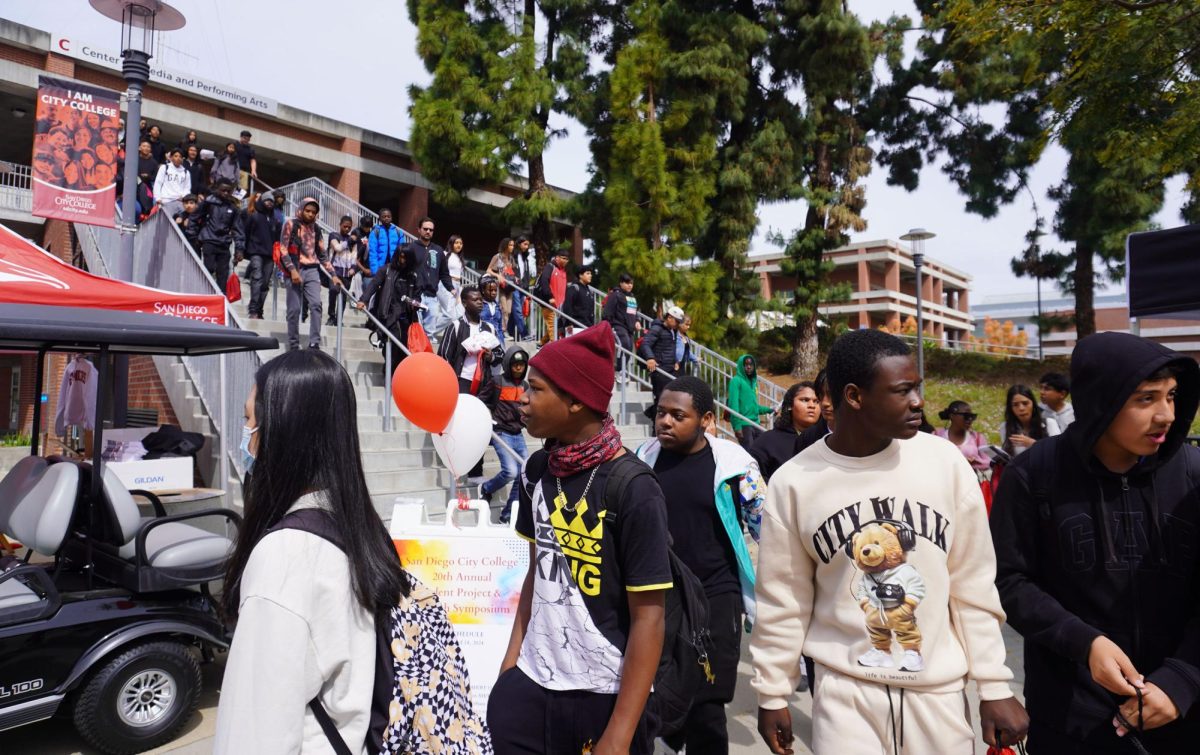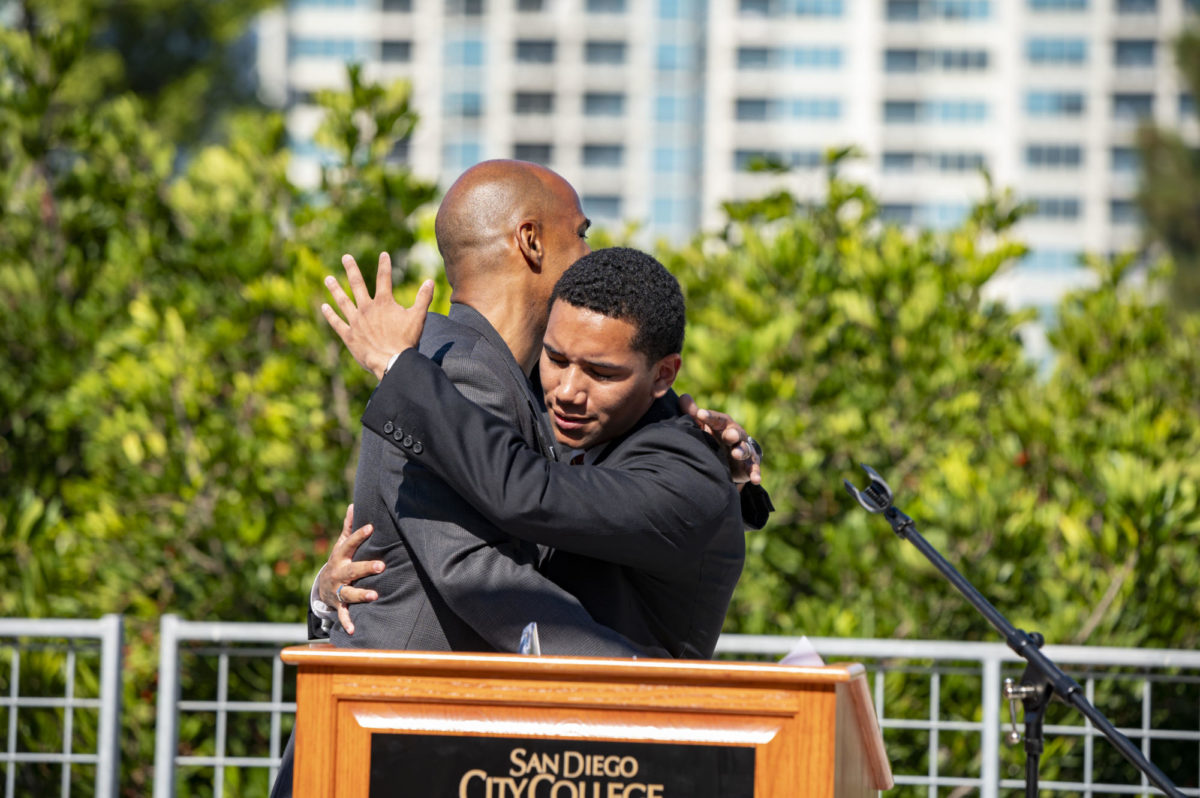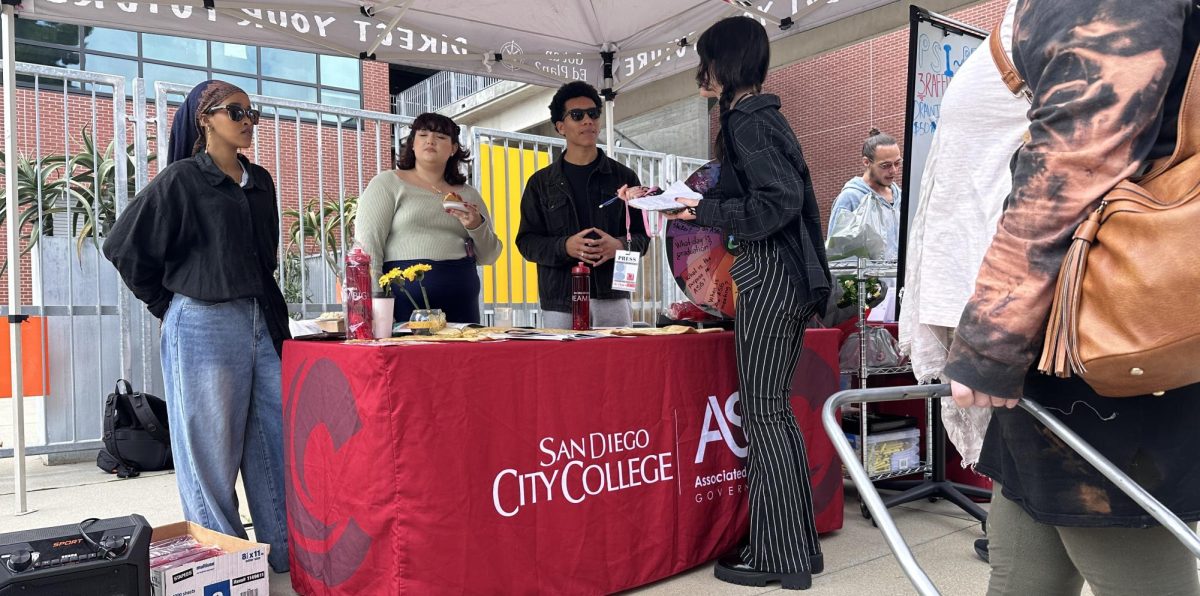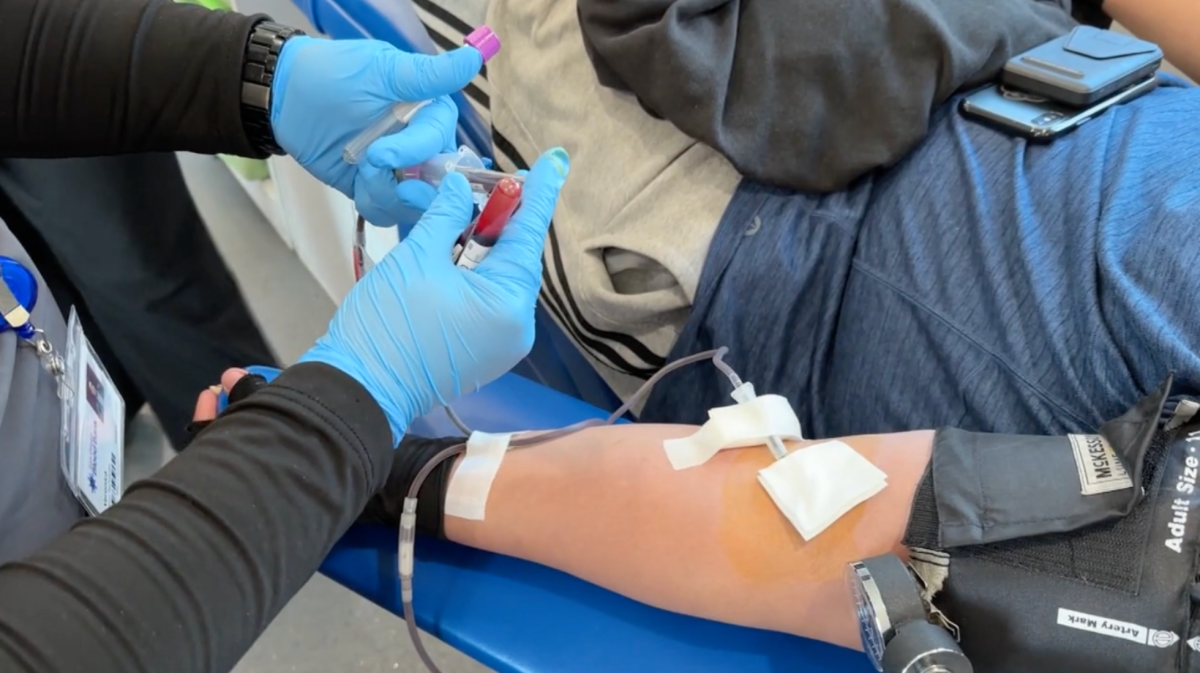Did you know that a certain someone, namely President Barack Obama’s father, belonged to the Luo tribe of Kenya? For many Kenyans struggling in their race for stability and globalization, an important key to this quest is herding animals for hides to make leather and fur products.This and much more was discussed in a presentation held in City’s Career Transfer Center V Building on Feb. 14.
Professor Cassie Morton was once a City College counselor as well as a member of the district office back in 2010. Her fellow colleague, Refugio Rochin, has been a Peace Corps volunteer in Columbia, and has also assisted Dr. Norman Borlaug in his Nobel Prize work with the Green revolution in Asia. Both are a part of the Citizens Network for Foreign Affairs, a non-profit organization focused on assisting in the increase and sustainment of rural incomes in less developed areas of the world.
Morton and Rochin gave a presentation on the background of Kenya and provided the audience with interesting facts, including that the earliest evidence of humans was found in the Rift Valley in Kenya. They also shared that 43 percent of the country’s population are 14 years or younger, meaning jobs are severely needed.
Kenya is famous for its beautiful wildlife, vast territories, and prominent history centering around the Nile River. But with a vast abundance of animal life, it is only reasonable that herding becomes a major source of income for the country.
While the average Kenyan family owns livestock, nearly 20 percent of these families are nomadic pastoralists, meaning they do not own land but herd cattle seasonally, moving from place to place depending on the weather.
These four-legged creatures serve many purposes, from nourishment and protection against the climate to consumer production and monetary gain. Even crocodile farms are not uncommon in this region, as these animals are farmed for their hides for use in shoe making. Fish hide is also used for leather, as well as Flemish rabbits for coats.
Professor Morton and Rochin were able to see from their time in Kenya that this country needs much aid to compete with other international countries. Many Kenyans are using their own two hands to create shoe molds and soles, as well as using old Singer sewing machines to create their work. While more industrialized countries, such as China, may already have a model mold of the shoe they want created, a Kenyan shoemaker has to make a flexible plastic mold of every shoe shape and size that can be cut down or enhanced, depending on the look of the shoes made.
Even though USAID has provided some equipment and funds for training institutes such as Animal Health Industry Training Facility in Kenya along with a few other projects, there is still a lot of progress to be made to make this country self sufficient and able to compete with other developing countries. Private business as well as government aid from the U.S. and other first world countries is needed.








findkenya • Mar 13, 2013 at 1:07 pm
Yes, most Kenyans languish in poverty and when they celebrated their son becoming the president of America, their expectations were very high, many got disappointed because since them the president has not visited their country.